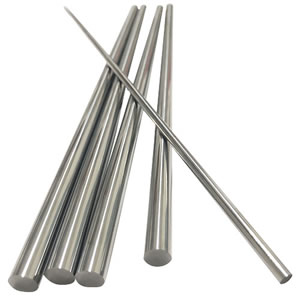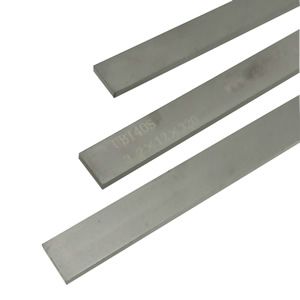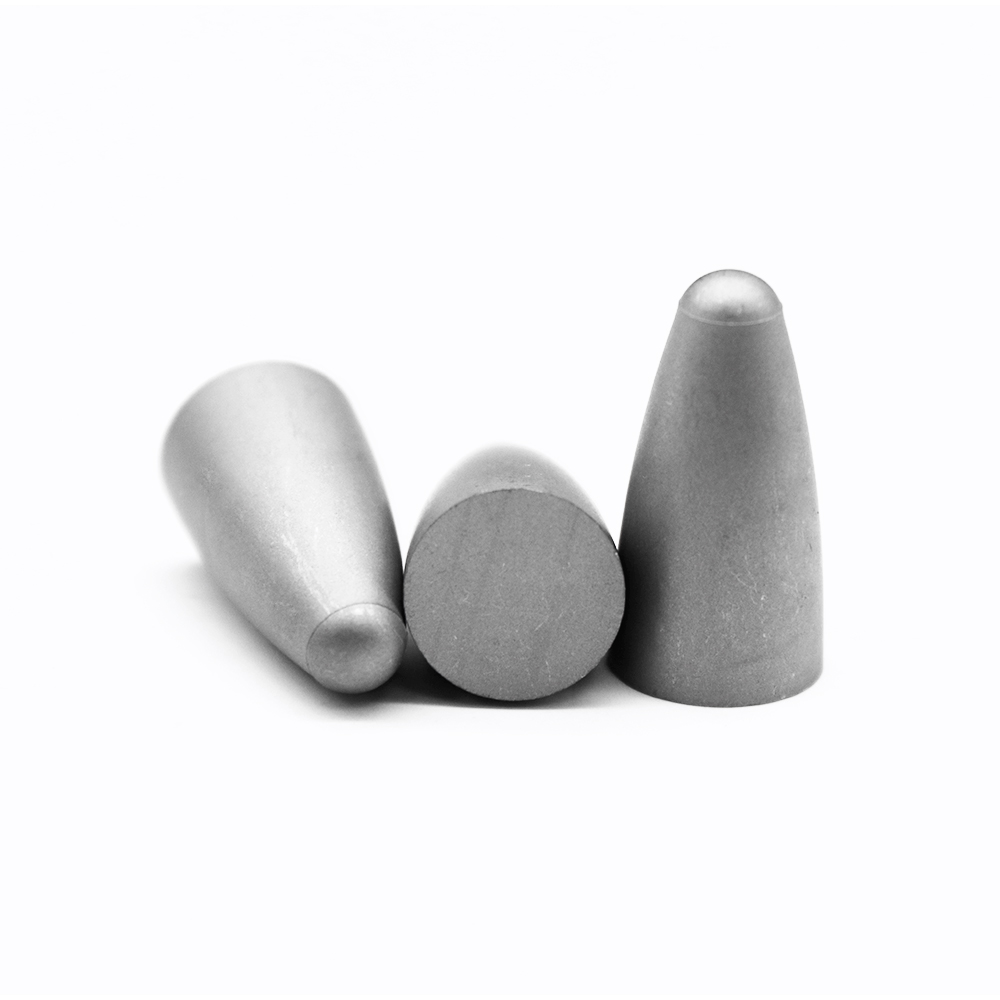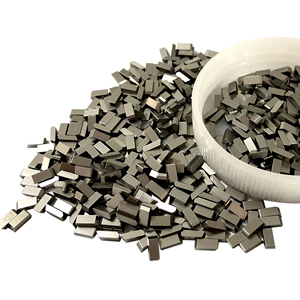Advantages, Disadvantages, And Differences Between High-speed Steel And Cemented Carbide

Advantages, disadvantages, and differences between high-speed steel and cemented carbide
1. High-speed steel:
High-speed steel is high-carbon and high-alloy steel. According to chemical composition, it can be divided into tungsten series and molybdenum series steel, and according to cutting performance, it can be divided into ordinary high-speed steel and high-performance high-speed steel. High-speed steel must be strengthened by heat treatment. In the quenched state, the iron, chromium, part of tungsten, and carbon in the high-speed steel form extremely hard carbides, which can improve the wear resistance of the steel (hardness can reach HRC64-68).
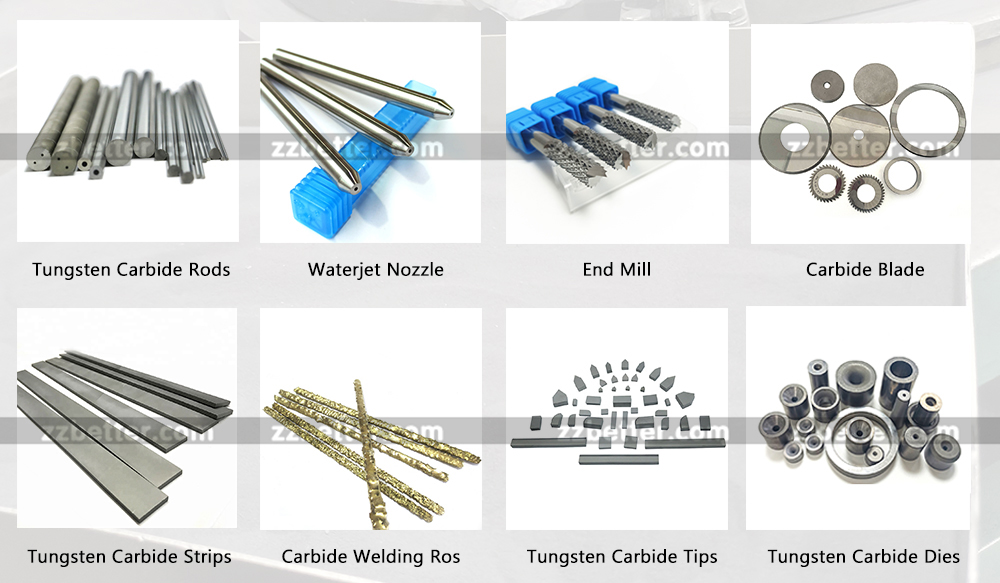
The other part of tungsten is dissolved in the matrix and increases the red hardness of the steel. The red hardness of high-speed steel can reach 650 degrees. High-speed steel has good strength and toughness. After sharpening, the cutting edge is sharp and the quality is stable. It is generally used to manufacture small, complex-shaped tools.
2. Cemented carbide:
Cemented carbide is a micron-order refractory high-hardness metal carbide powder, which is made by firing at high temperature and high pressure with cobalt, molybdenum, nickel, etc. as a binder. The content of high-temperature carbides in cemented carbide exceeds that of high-speed steel, with high hardness (HRC75-94) and good wear resistance.
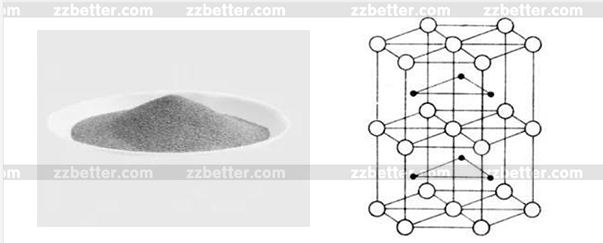
Hard alloy red hardness can reach 800-1000 degrees. The cutting speed of cemented carbide is 4-7 times higher than that of high-speed steel. High cutting efficiency.
Cemented carbide has high hardness, strength, wear-resistance, and corrosion resistance, and is known as "industrial teeth". It is used to manufacture cutting tools, knives, cobalt tools, and wear-resistant parts, and is widely used in military, aerospace and aviation, Mechanical processing, metallurgy, oil drilling, mining tools, electronic communications, construction, and other fields, with the development of downstream industries, the market demand for cemented carbide continues to increase. And in the future, the manufacturing of high-tech weapons and equipment, the advancement of cutting-edge science and technology, and the rapid development of nuclear energy will greatly increase the demand for high-tech high-quality, and stable cemented carbide products.






